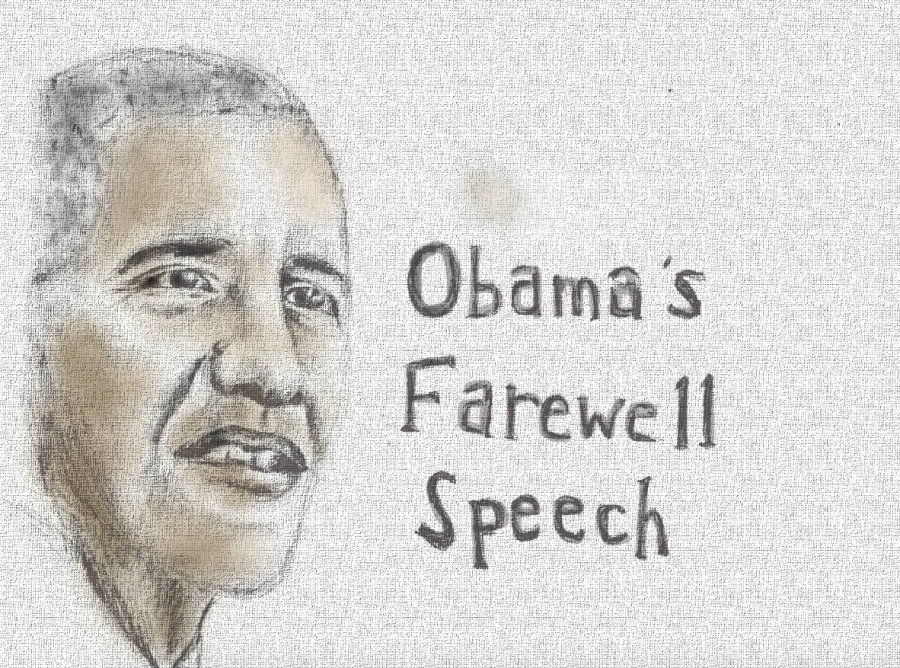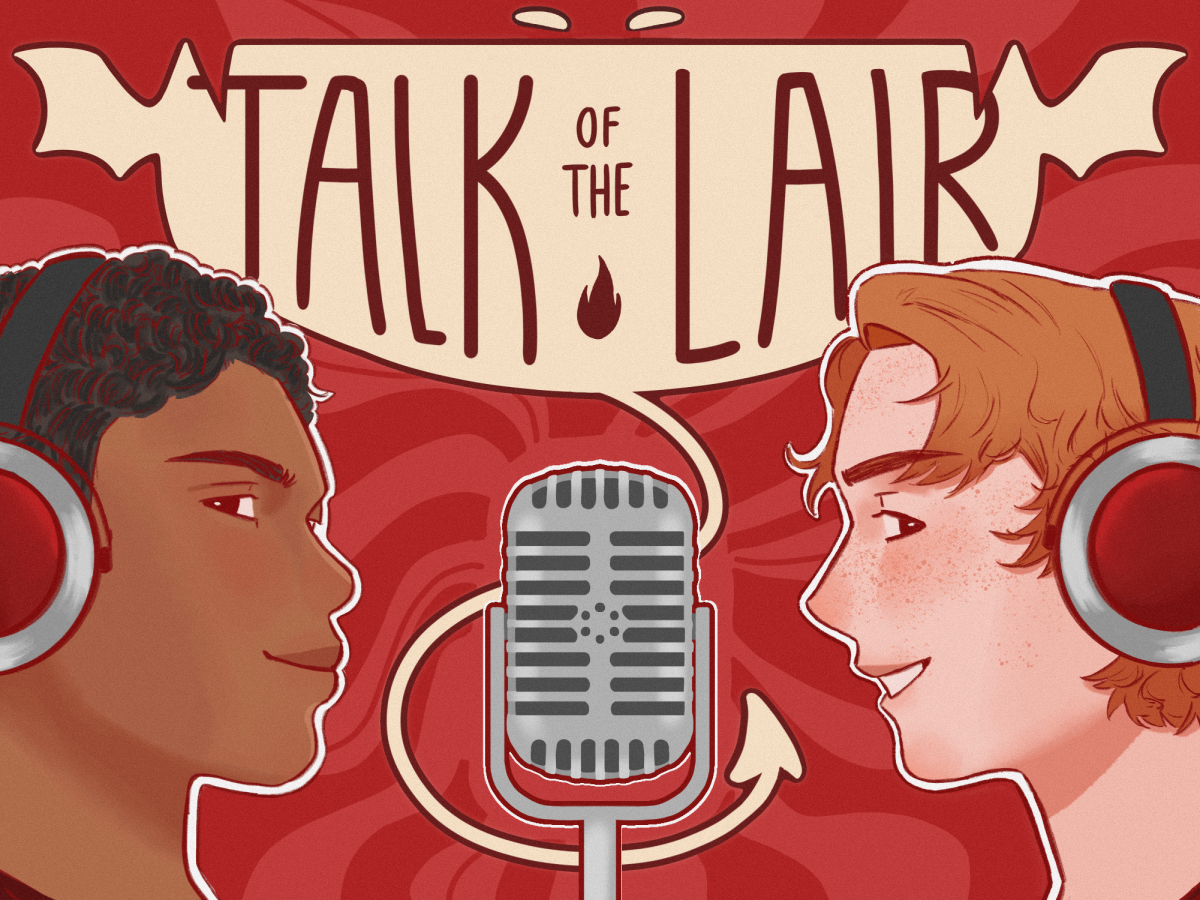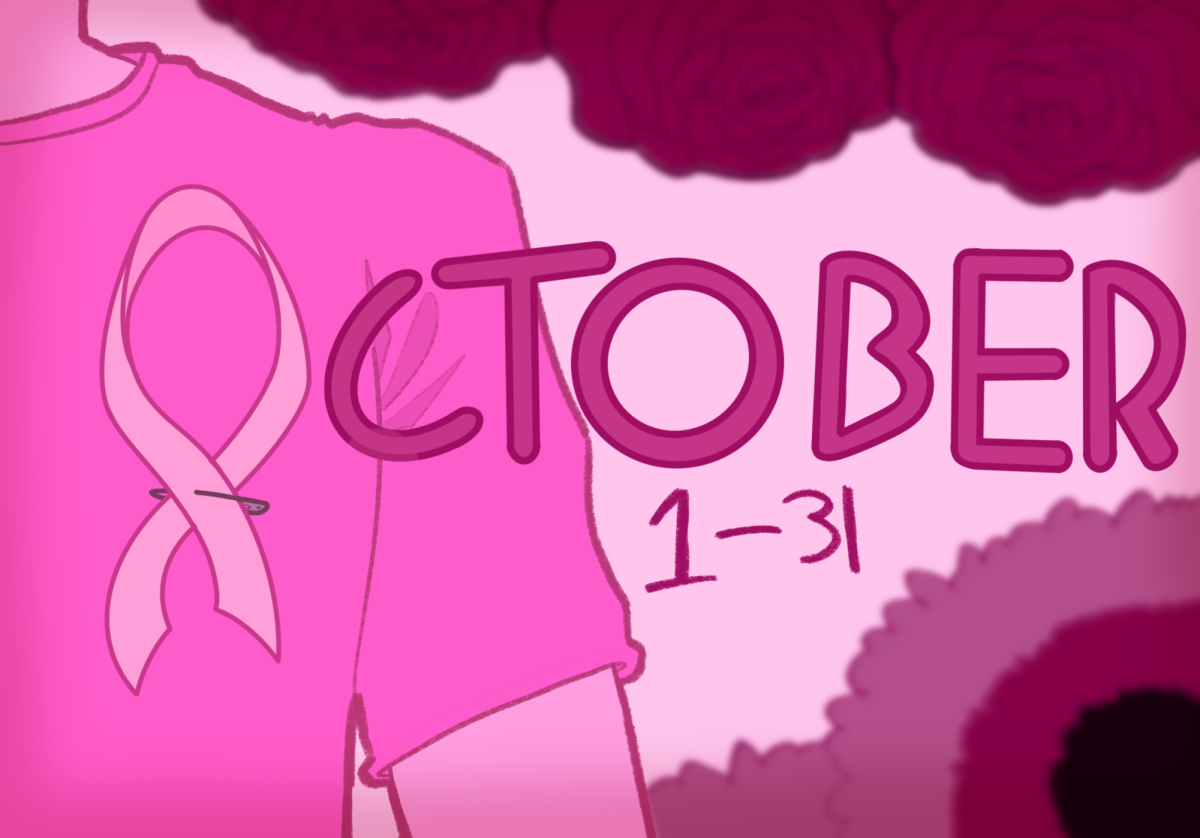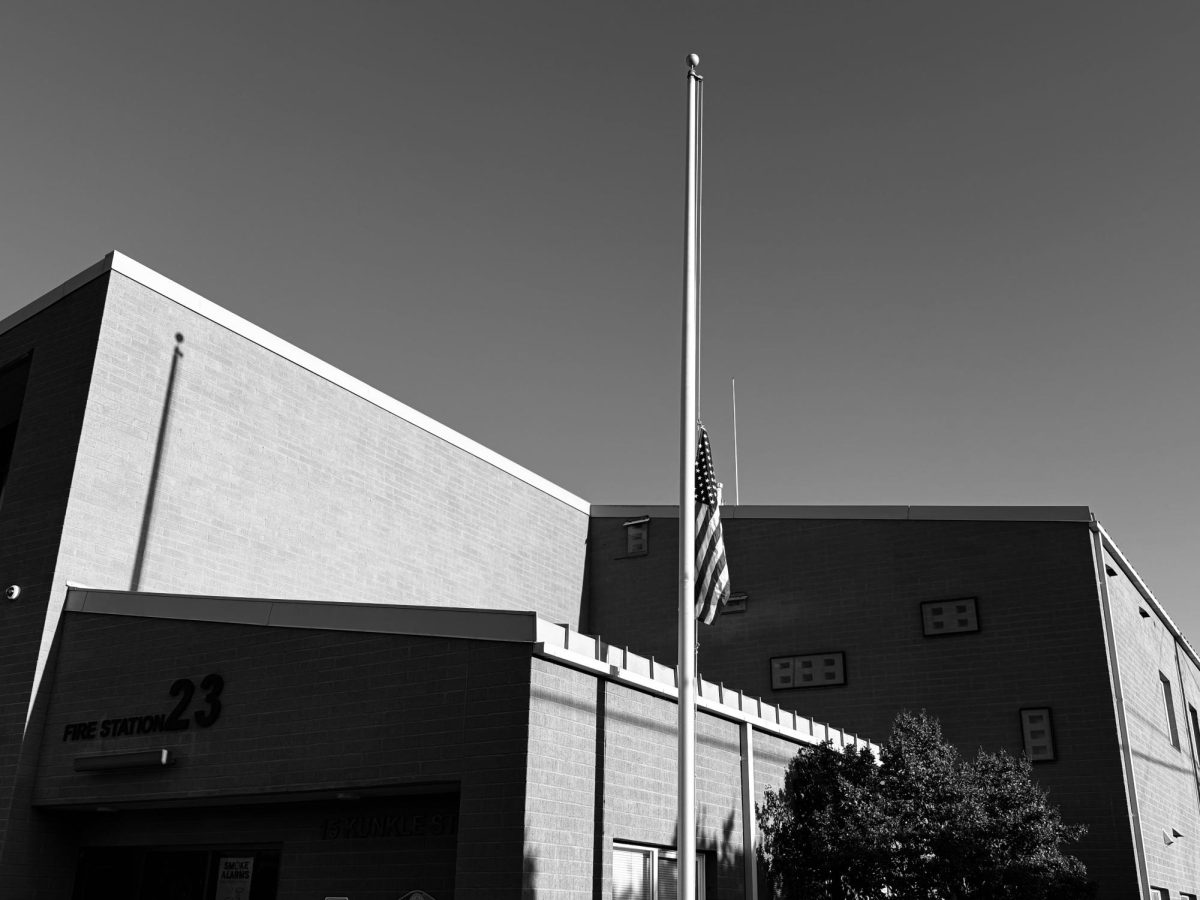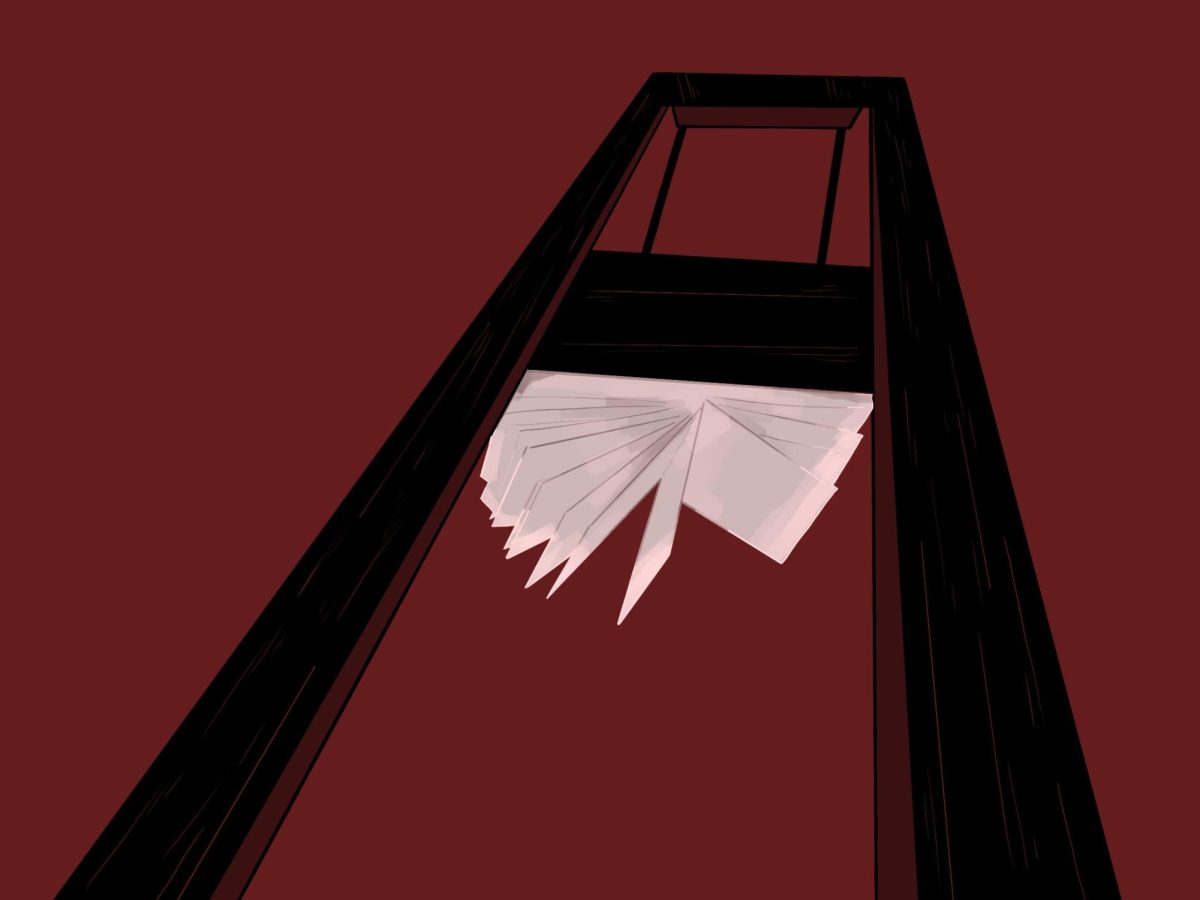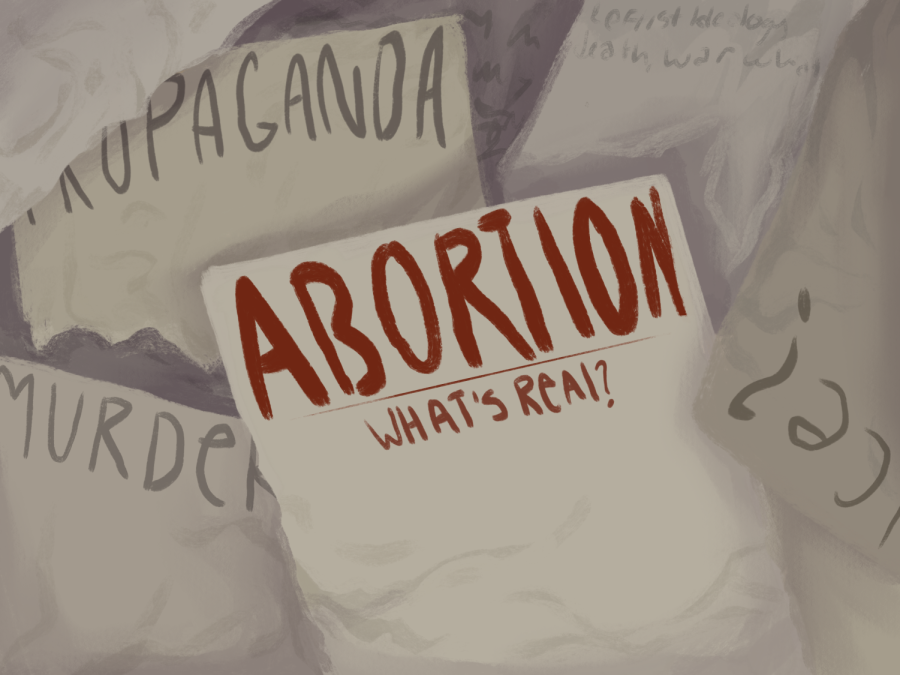Obama’s farewell address was hopeful, but final. It hammered in the profundity of America’s loss, and the reality of his successor.
Obama’s presidency has not been a perfect one. He did not fulfill all the promises he made during his presidential campaign, such as closing down Guantanamo Bay. Yet his foremost qualities of culture, education and dignity, such invaluable traits in a president, shone.
He was not a perfect president. He is not a perfect man, because no one is. Even George Washington, the only president to be honored with a unanimous election by the Electoral College, had his popularity compromised at the end of his second term. Being the head of the United States means being the most criticized person of the United States. It means suffering the pressure of leadership and inevitably, the harshest scrutiny.
Obama is just a man, and I think we might have expected too much from him. Even angels would be dragged down from heaven weathering such an economic depression as we witnessed during Obama’s first term. However, it would be an insult to a man of his education and ability not to have great expectations of him. Obama is a good man. He might even have been a great one.
During his farewell address, Obama was specific to warn people that he could not be president for a third term, however passionately his audience called for a third term.
“I committed to President-elect Trump that my administration would ensure the smoothest possible transition, just as President Bush did for me,” he said.
He is right in doing so. Whatever reservations might be held about Trump, America’s peaceful transfer of power hails all the way back to the 1800s, when power first changed party hands from Hamiltonian Federalists to Jeffersonian Democratic Republicans. The election of 1800 was a crucial test of America’s political maturity: whether the democratic experiment could truly weather the agitation of partisanship change without splintering apart, without uprisings or attempts at impeachment that lack just cause.
If we put a president in place one day and take him down the next, it sets a dangerous precedent for the presidency and the future of America. It shows that our political decisions are mere whims.
With what many people take as foreshadowing, Trump has the smallest approval rating of any incoming president in a generation. Even though the election of a new president is a time for the nation to come together, and let go of bitter resentments, at least temporarily, polls have shown that the opposite is true this year. Americans turned against fellow Americans – Americans hating fellow Americans – despite claiming to love America. Just as Obama warned, “the rise of naked partisanship” is not a fight against Americans but a fight against divisiveness.
However dark our expectations for Trump’s presidency, it is ultimately the people, not the president who have the power and the ability to change: “when ordinary people get involved and they get engaged, and they come together to demand it.”
The president believes in our generation, the one he calls, “unselfish, altruistic, creative, patriotic.” He said we believe “in a fair, and just, and inclusive America.” He singled us out as the generation of people that will soon succeed politically with our vote, our senators, legislators and power to change. He singled us out with the burden of determining the continued success of the American experiment, just us the generation before us did and the generation after us will.
Obama touched on the idea of “civic virtue,” the idea that we are crucial to America’s democracy. A republic is only as good as its citizens. As good as us: our unselfish commitment, our righteous decisions, our political participation. He said, “I’m asking you to believe. Not in my ability to bring about change — but in yours.”
I believe. Will you?
[youtube https://www.youtube.com/watch?v=GMteEc8z4ZU]


